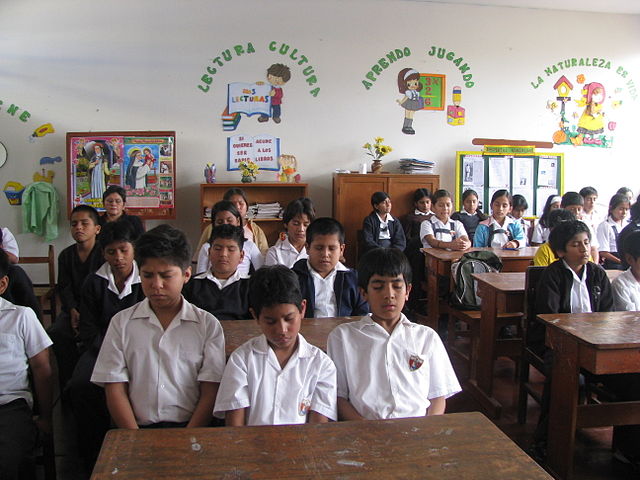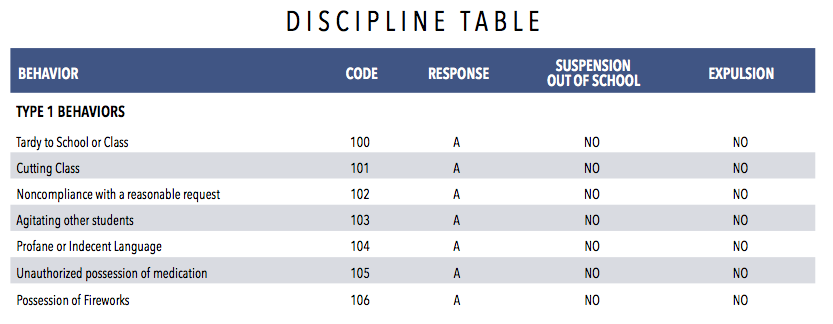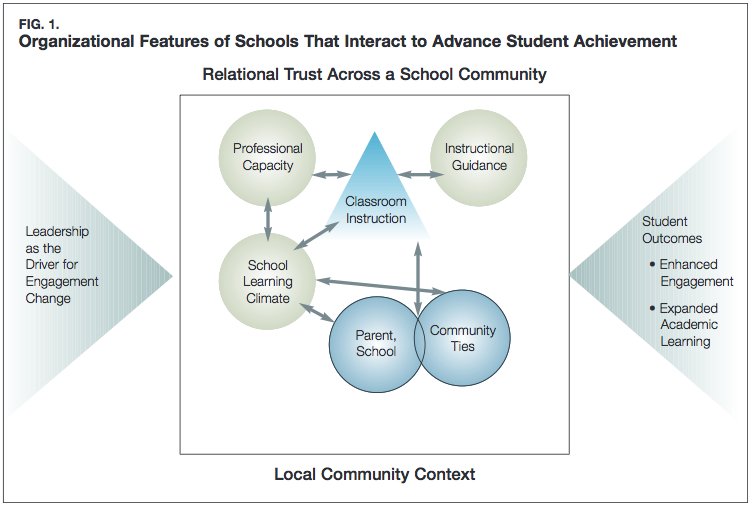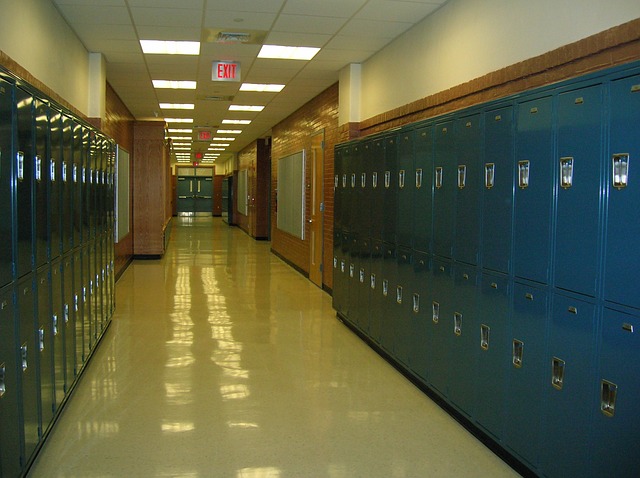Many school administrators and educators have some familiarity with bringing nonviolence strengths to education through restorative practices for school settings. Although, quality portrayals of what school restorative practices might look like severely lack in online spaces. There are a few videos on YouTube (1, 2, 3, 4, 5, 6) and there are some very helpful… read more
Tag Archives: joseph gardella
Defining Discipline Within Restorative Practices

Discipline has been defined in a variety of seemingly contrasting ways. For example, discipline “is a repressive operation by which individuals are seasoned into productive labor” (Foucault, 1977). Moreover, it’s “a policy of coercions that act upon the body, a calculated manipulation of its elements, its gestures, its behavior…thus discipline produces subjected and practiced bodies,… read more
School COCs: Integrating Restorative Practices

School systems use standardized “codes of conducts” (COCs) to govern student behavior and conduct as well as what responses should follow these behaviors. These codes must formally comply with federal, state, and local laws, and are often informally amenable to student, teacher, staff, and parent needs. Present example justifications from two districts’ COCs include: “Educated… read more
Social and Emotional Learning

Many schools see the value of teaching social and emotional skills so that their students will succeed in their personal and academic lives. Although there are a variety of ways to promote this type of well-being, many federal, state, and local education agencies mandate that schools implement programs based on the social and emotional learning… read more
8 Restorative Practices Concerns Addressed

My last post covered eight prominent concerns that can hold schools back from adopting restorative practices (RPS). Many of these concerns can be proactively addressed, making it easier for schools to implement RPS. Starting suggestions, by concern: 1.) Schools are not ready for restorative practices Although an administrator may have legitimate organizational preparedness concerns and… read more
Restorative Practices in Schools: 8 Concerns

Given the reasons that restorative practices in schools could be a good idea (see those reasons here, here, and here), why aren’t all schools adopting restorative practices? Based on my experiences in restorative practices—teaching, researching, and consulting with schools—I’ve come to see eight prominent concerns. 1. Schools are not ready for restorative practices There likely… read more
Nonviolent Communication in School Settings

In a previous post, we’ve introduced in-school restorative practices as tools to address discipline in a way that keeps students engaged in learning. We’ve situated restorative practices as components of developing person power, and components of a constructive program that envisions alternatives to punitive responses to behaviors. We’ve also addressed two common misconceptions about restorative… read more
Restorative Practices in Schools: Misconceptions Addressed

Metta Center note: Restorative Solutions is holding a training on restorative practices in schools in mid-June. The training will be held over 3–5 days in Arizona. Applications due by June 8. Learn more and apply. As I wrote previously, Restorative practices (RPS) are increasingly employed in schools to address discipline in ways that keep students… read more
Q&A With Joseph Gardella

Joseph H. Gardella is a student, researcher and teacher at the Community Research and Action PhD program at Vanderbilt University. He is also a member of our Strategic Advisory Council (SAC), which he joined last spring. As a member of our SAC, Joseph frequently offers insights and blog posts. We’re most grateful for his initiative—he… read more
Restorative Practices in Schools

Numerous schools have found that when they use zero-tolerance and exclusionary discipline practices, students miss vital instruction time, develop greater disconnection from school, and engage in detrimental behavior. Restorative practices (RPS) emerged to address discipline in a way that keeps students engaged in learning by reinforcing problem-solving skills, managing emotions, building relationships, and changing the… read more







